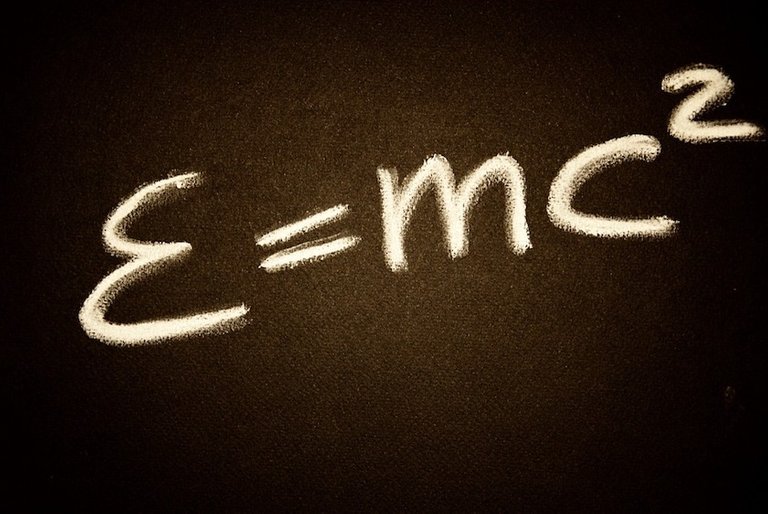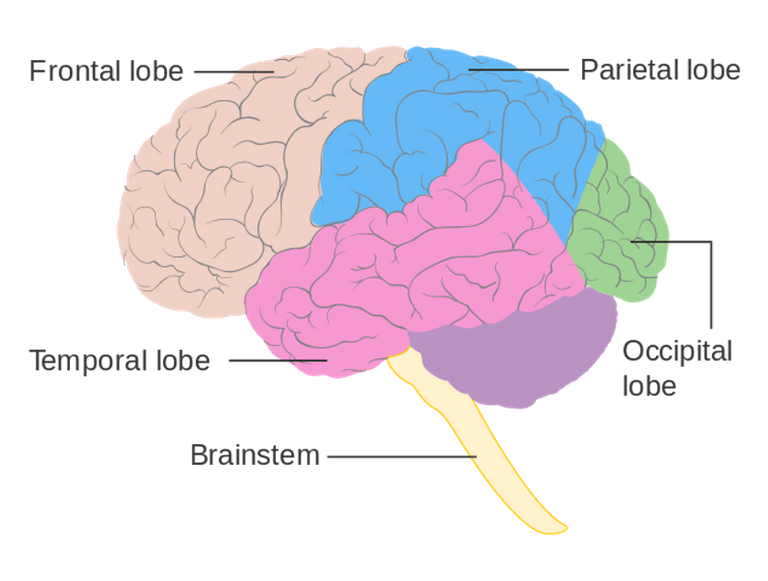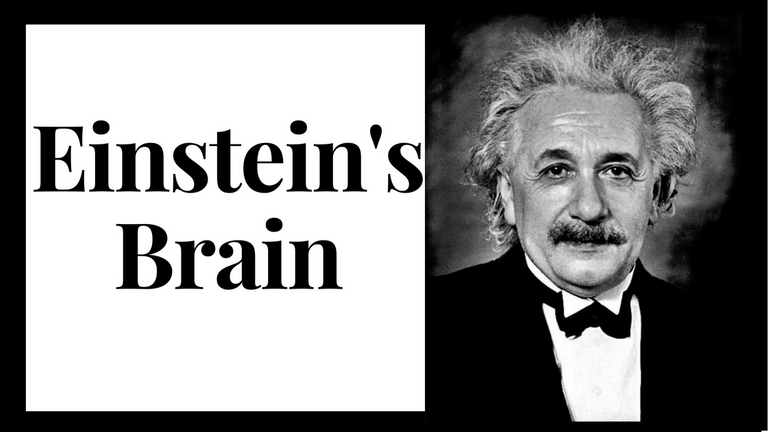The Little Grey Cells of a Genius
Einstein’s Brain Density Specially Suited For Spatial Reasoning
Albert Einstein, was the 20th century international superstar. Before the Beatles or Mohammad Ali, or Jack Dempsey, it was Einstein, the Columbus of science.
In 1905 as s dreamy 26-year-old in Berne, Switzerland, working in the patent office because he couldn’t get a job. It was then he developed the concept that from a tree to a stone contains energy. He revolutionized with his mathematical formula E=mc2 and history predicted the state of the universe, as a sort of afterglow from the Bid Bang. He pointed the way to an age that changed the course of history. He was famous who was seen as the scientist who had unlocked the secrets of God’s mind. His name became synonymous with the saying “Who do you think you are, Einstein? A copy of the theory of relativity in Einstein’s own handwriting was sold for $6 million. His image has been used to sell everything from computers to cameras, earning millions for his estate-licensing agency that handles the account.
He died on April 18, 1955 at age 76, in Princeton, New Jersey, of a ruptured abdominal aortic aneurysm. No one knows what his last words were because they were spoken to a nurse who didn’t know the language. But now it gets really weird.
 [Source:](https://pixabay.com/en/albert-einstein-physics-relativity-219675/
[Source:](https://pixabay.com/en/albert-einstein-physics-relativity-219675/
Kept For Research
Later that day, a Princeton Hospital pathologist, Harvey, performed an autopsy on Einstein at which time he removed the great scientist’s brain. He put it in a jar of formaldehyde, and kept it. He apparently snuck the brain out of the hospital and kept it. Princeton eventually fired him for refusing to give it up. He squirreled it away for decades, saying that he would do research on it, a laudable goal, but a bit grand as he had no particular expertise in neuropathology. From then until the next several decades, wherever Thomas Harvey went, the brain was sure to go. Now in dissected pieces, it was stored in a Tupperware container in a duffel bag in his car’s trunk. He kept it at his house in two Mason jars in a container he marked with the words “Costa Cider.” It seems he stored it behind a cooler in his office. He would show it to individuals and sometimes to groups, like high school classes.
But the years fell away and no research appeared so later after he had moved around a bit, mostly after he went through three wives, he still had it, the hospital brain.
What must it be like to touch that brain once filled with blinding vision, and to realize that neither you nor I possess even a smidgen of the intellectual power? It has been said, “held the seashell of the century toward the sun and rode a beam of light into the heavens and returned with a plan.”
Canadian Connection

Source:
Eventually Harvey did give pieces of the brain to researchers, which interestingly leads to a Canadian. In 1996 he gave a significant portion of the tissue to Sandra Witelson, a neuroscientist at McMaster University, Hamilton, Ontario. She does comparative studies on the function of brain tissue. In 1999, Dr. Witelson and Debra Kigar, with Dr. Harvey listed as a co-author, published in the British Medical Journal, the Lancet in which the characteristics of Einstein’s brain were compared to 35 men and 56 women who had normal intelligence. It was found that Einstein’s brain had an unusual pattern of grooves and right parietal lobes.
The results? Well interestingly, Einstein’s brain was somewhat smaller than average but the density in his brain was greater. In other words more neurons were packed into a given area, Also, researchers say the unique brain characteristics may have allowed connections between neurons for mathematical reasoning.
Harvey finally moved back to New Jersey and gave the remaining pieces of Einstein’s brain to Dr. Elliot Krauss, chief pathologist Princeton Hospital. By this time, Harvey was 84 years-old and had had the brain for 40 years.

good posting
Congratulations @grandam! You have completed some achievement on Steemit and have been rewarded with new badge(s) :
Click on the badge to view your Board of Honor.
If you no longer want to receive notifications, reply to this comment with the word
STOPTo support your work, I also upvoted your post!
Do not miss the last post from @steemitboard!
Participate in the SteemitBoard World Cup Contest!
Collect World Cup badges and win free SBD
Support the Gold Sponsors of the contest: @good-karma and @lukestokes
Thank you I am still finding my way around Steemit. I find many of the different groups quite confusing. Sometimes I am invited to join a discord but when I click on the link I can't entered. I don't actually know where to go to learn more and get help.